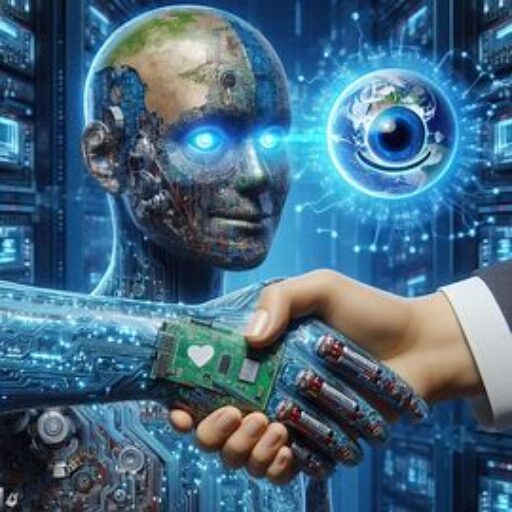
In the United States, political parties have traditionally played a crucial role in organizing elections, creating platforms, and providing voters with choices. However, recent trends suggest that instead of enhancing democracy, political parties may be undermining it. From restricting access to potential candidates to spreading misinformation and prioritizing special interests, the influence of political parties is becoming a barrier to a truly democratic society.
Restricting Access to Candidates
One of the most significant ways political parties undermine democracy is by controlling who gets to participate in debates and appear on ballots. Through a combination of legal challenges and internal party rules, major political parties often exclude independent or less established candidates from debates. This practice narrows the field of choices available to voters and ensures that only those who align with party interests have a platform to express their views.
In many states, ballot access is restricted through onerous requirements, such as gathering an impractically high number of signatures or paying substantial fees. These barriers are often upheld by the courts, effectively limiting competition and ensuring that only candidates with significant financial and organizational backing can participate. This system excludes fresh perspectives and ideas, making it harder for voters to choose representatives who genuinely reflect their values.
The Influence of Money
The outsized influence of money in politics is another way in which political parties are eroding democracy. Massive campaign financing, often backed by wealthy donors and special interest groups, drowns out the voices of ordinary citizens. Candidates with less financial backing find it nearly impossible to compete in a landscape dominated by expensive advertising and well-funded political operatives. The result is a political system that caters more to the interests of the wealthy and powerful than to the needs of everyday Americans.
Moreover, the flood of money into campaigns often fuels the spread of misinformation. Campaigns are filled with half-truths, spin, and outright lies, designed to manipulate voters rather than inform them. Political operatives craft narratives that serve their candidates or parties rather than presenting an honest discussion of the issues. This distortion of the truth makes it difficult for voters to make informed decisions, further weakening the democratic process.
Dividing the Nation
Perhaps the most concerning trend is how political parties contribute to division within the country. Rather than fostering unity or common ground, parties often exploit differences to create conflict. They frame debates in ways that exaggerate divisions, turning what could be productive discussions into bitter, polarized conflicts. This strategy may be effective for rallying a party’s base, but it leaves the nation more divided and less capable of addressing its most pressing challenges.
Recently, even a sitting president who garnered significant public support was pressured to withdraw from the presidential race after receiving millions of votes. This manipulation of the electoral process serves to reinforce the power of the party establishment, often at the expense of genuine democratic choice.
A Call for Reform
If democracy is to thrive in the United States, significant reforms are needed to reduce the stranglehold that political parties have on the electoral process. Ensuring open debates, simplifying ballot access, and reducing the influence of money in politics are all critical steps toward restoring power to the people. Additionally, fostering a political culture that values honesty, transparency, and unity over division and manipulation is essential.
In a true democracy, the voices of all citizens should be heard, not just those with the most money or the strongest party affiliation. By addressing the ways in which political parties are making us less free, we can work toward a more inclusive and vibrant democracy that better serves the interests of all Americans.
